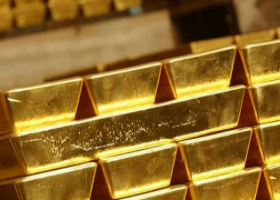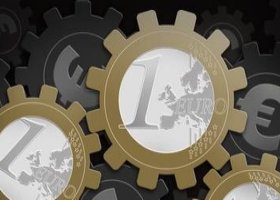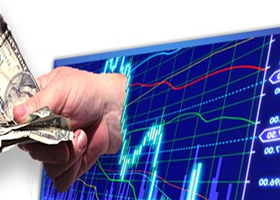Dr Pepper, Pepsi Snap Up Alternative Beverage Makers -- 3rd Update
Soda makers Dr Pepper Snapple Group Inc. and PepsiCo Inc. said Tuesday that they had each bought an upstart beverage maker that promote drinks seen as healthier and more natural, as consumers continue to turn away from traditional sodas.
Volumes of soda have been challenged in recent years and more countries have weighed special taxes on high-calorie drinks in a bid to combat rising obesity and diabetes.
In response, traditional soda makers have diversified beyond the sugary drinks.
Tuesday, Dr Pepper said it agreed to buy Bai Brands, the maker of low-calorie, coffee-fruit drinks, for $1.7 billion. PepsiCo, meanwhile, said it would buy KeVita, a maker of fermented probiotic and kombucha beverages, for an undisclosed price.
PepsiCo is paying about $250 million to acquire Kevita, which had more than $60 million in annual revenue, according to a person familiar with the matter.
Bai is known for its drinks that are made with extracts from the fruit that surrounds the coffee bean. The beverages are marketed as using natural sweeteners and being rich in antioxidants and low in calories. Bai's product lineup includes enhanced water, carbonated flavored water, coconut water and ready-to-drink teas.
KeVita makes a type of Kombucha, a fermented tea beverage, and sells probiotic beverages. Its drinks are all organic, don't include genetically modified organisms, and are gluten-free and vegan.
Soda makers have adapted to changing consumer tastes by marketing soda as a special treat and by selling smaller sizes. Companies have also said they are working to reduce the amount of sugar in their products
Dr Pepper Snapple is already an investor in Bai and has distributed Bai products for a few years. Bai, which was launched in Princeton, N.J., in 2009, expects to have about $425 million in net sales in 2017. Meanwhile, Pepsi distributes KeVita, which was founded in 2009, in Ojai, California.
The move is also the latest upstart to be bought by a larger company in an incumbent industry. Consumer products company Unilever PLC said it would buy Dollar Shave Club in July after the quickly growing direct-to-consumer company had challenged Procter & Gamble Co.'s Gillette's dominance.


